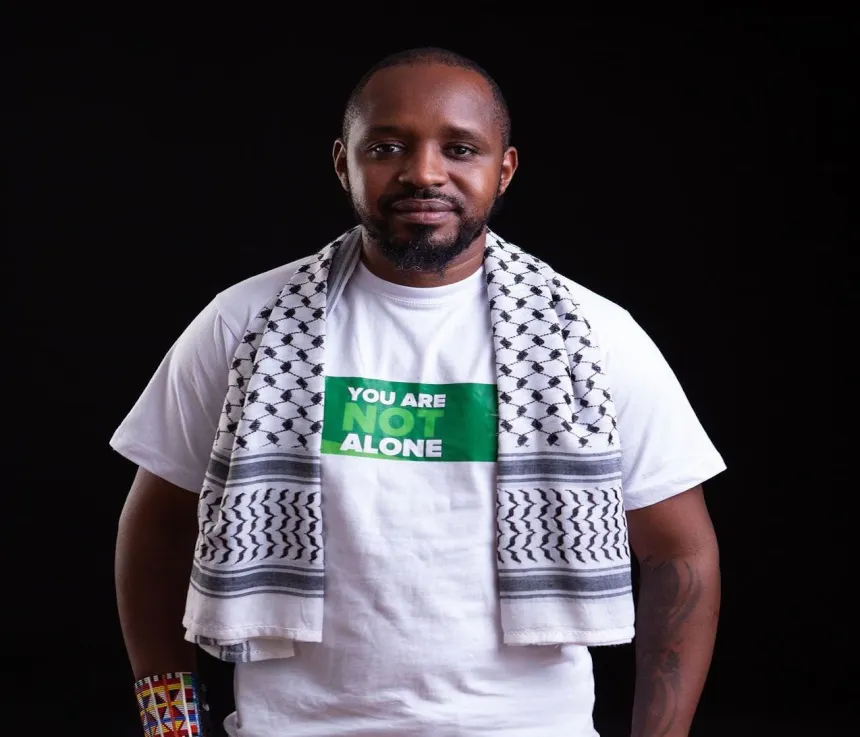Human rights activist Boniface Mwangi was arrested on Saturday from his home in Machakos, a day after filing a petition at the East African Court of Justice (EACJ) over human rights abuses involving multiple East African governments.
Mwangi’s wife, Njeri Mwangi, confirmed the arrest, stating that police officers stormed their residence, seized electronic devices, and linked the activist to alleged acts of “terrorism and arson.” “They say they are investigating him over claims of terrorism and arson. We don’t know more about these claims, but we will know,” Njeri said.
Fellow activist Hussein Khalid also confirmed the arrest and noted that a team of lawyers is handling the matter. The arrest has sparked concern among human rights groups and civil society, given the timing and context.
Just a day before the arrest, Mwangi and Ugandan lawyer and journalist Agather Atuhaire lodged a petition at the EACJ in Arusha, Tanzania. The suit targets the governments of Tanzania, Uganda, Kenya, and the East African Community (EAC) Secretary General, Veronica Nduva, for alleged gross human rights violations.
The legal action stems from a disturbing incident between May 19 and May 23, when Mwangi and Atuhaire were abducted from a Dar es Salaam hotel while attending the treason trial of opposition leader Tundu Lissu. The petition alleges that the two were held at the Tanzanian Immigration Department and Central Police Station before being taken to undisclosed locations. They were reportedly tortured, including being subjected to sexual violence, and later dumped at the borders of Kenya and Uganda respectively.
The pair insist they entered Tanzania legally and were never informed of any wrongdoing. Their petition calls for accountability and justice at the regional level, describing the violations as “grave and unacceptable.”
Mwangi has maintained a low profile since the Tanzania ordeal, and his recent arrest is raising fears of continued targeting by state agencies across East Africa.
“We are demanding accountability and justice at the highest regional level,” the petitioners emphasized, warning against the silencing of voices advocating for human rights.

